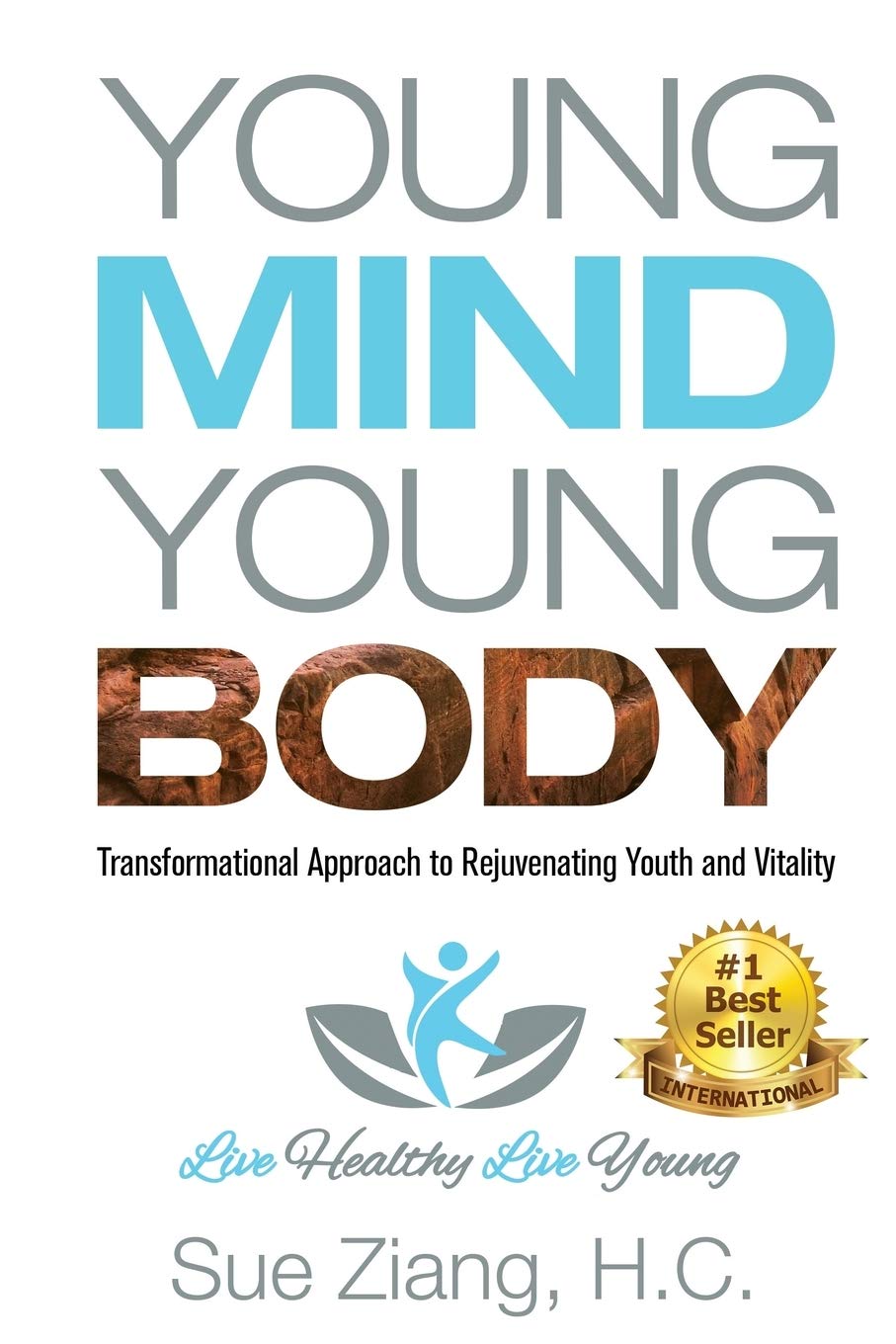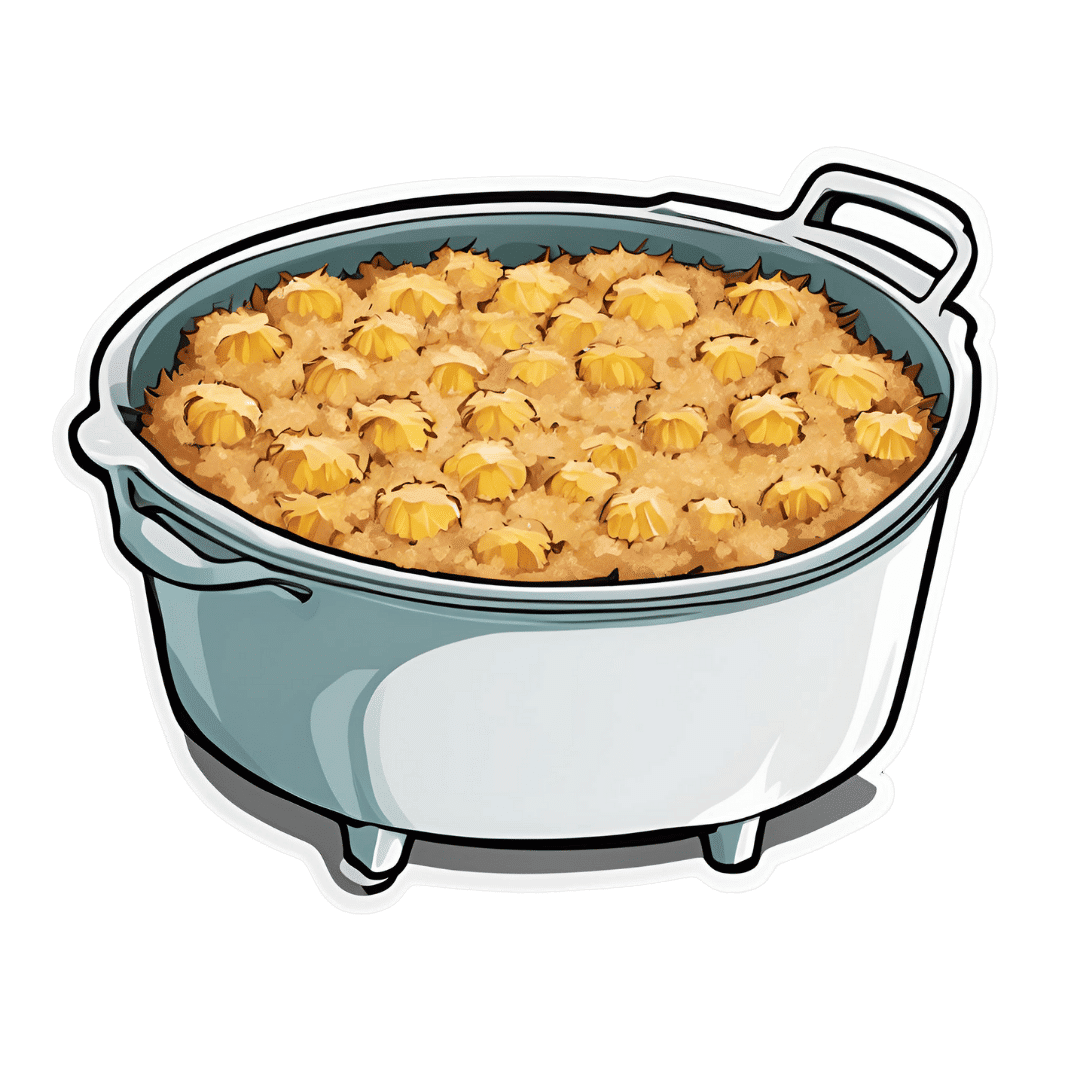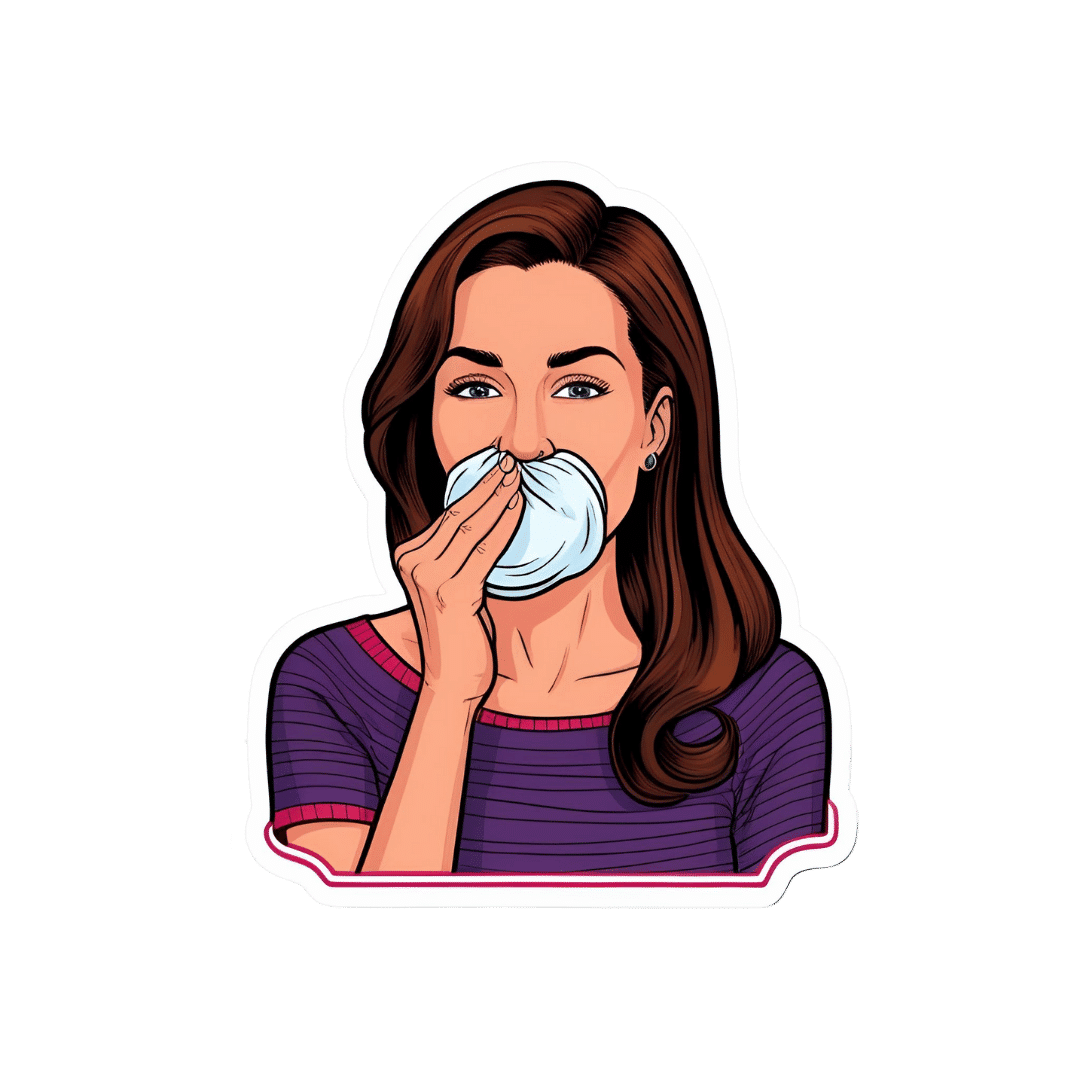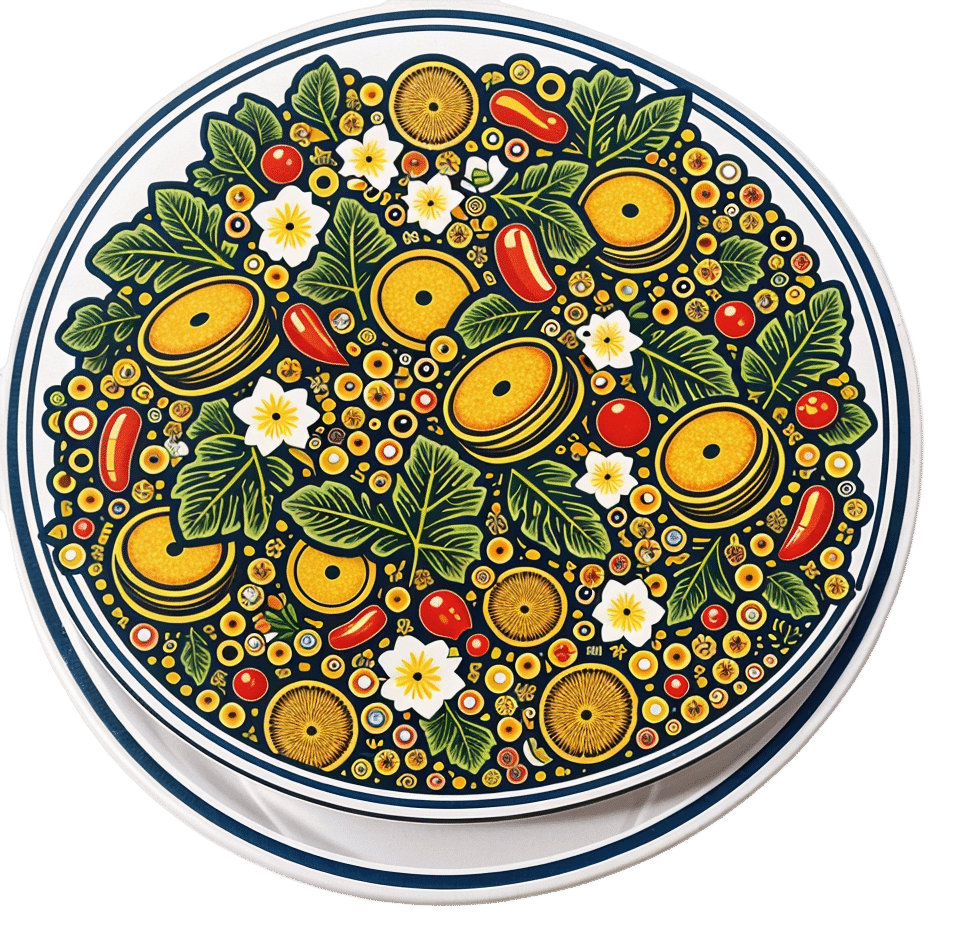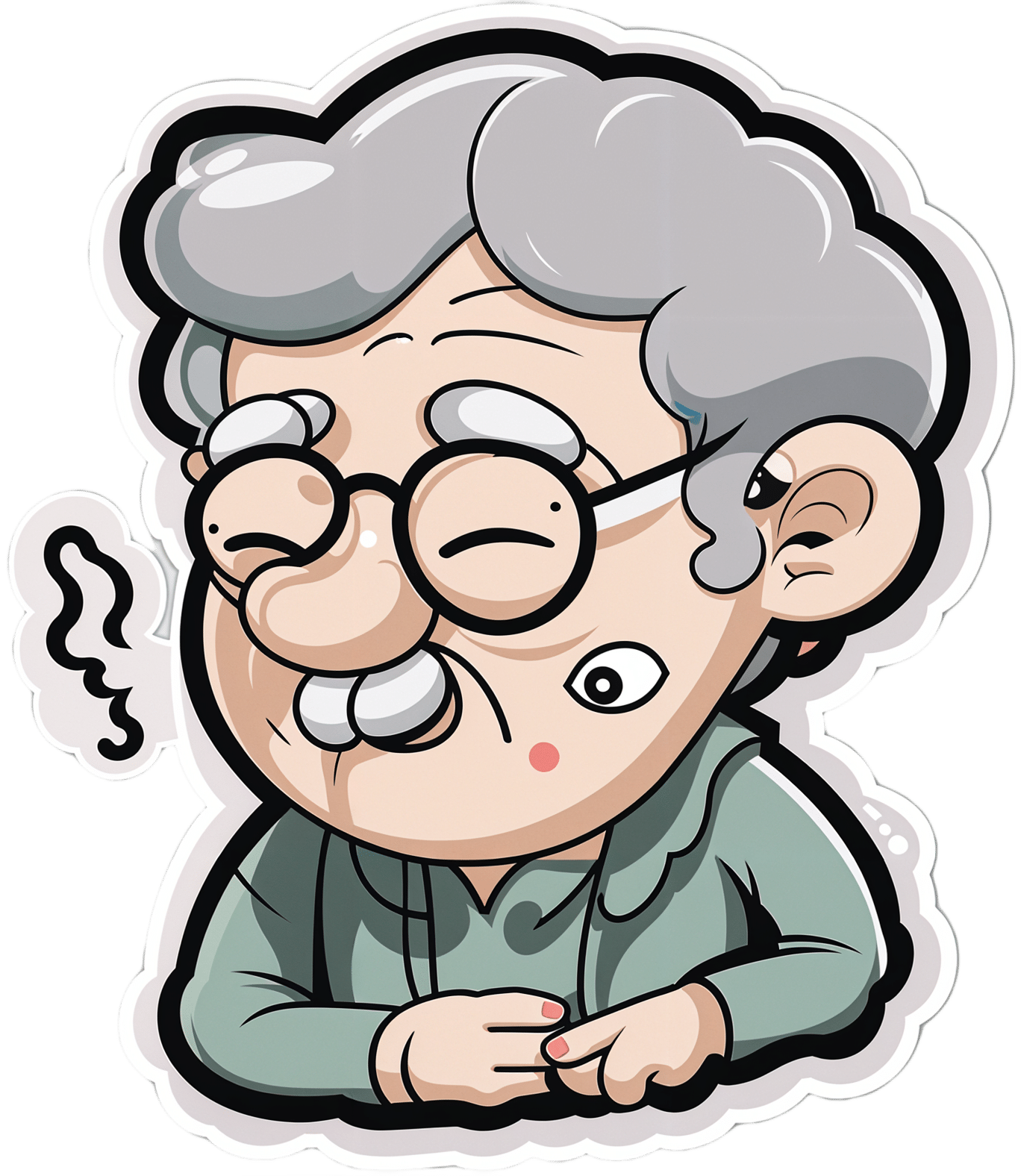
Coughing/Wheezing After Dinner?
10almonds is reader-supported. We may, at no cost to you, receive a portion of sales if you purchase a product through a link in this article.
The After-Dinner Activities You Don’t Want
A quick note first: our usual medical/legal disclaimer applies here, and we are not here to diagnose you or treat you; we are not doctors, let alone your doctors. Do see yours if you have any reason to believe there may be cause for concern.
Coughing and/or wheezing after eating is more common the younger or older someone is. Lest that seem contradictory: it’s a U-shaped bell-curve.
It can happen at any age and for any of a number of reasons, but there are patterns to the distribution:
Mostly affects younger people:
Allergies, asthma
Young people are less likely to have a body that’s fully adapted to all foods yet, and asthma can be triggered by certain foods (for example sulfites, a common preservative additive):
Adverse reactions to the sulphite additives
Foods/drinks that commonly contain sulfites include soft drinks, wines and beers, and dried fruit
As for the allergies side of things, you probably know the usual list of allergens to watch out for, e.g: dairy, fish, crustaceans, eggs, soy, wheat, nuts.
However, that’s far from an exhaustive list, so it’s good to see an allergist if you suspect it may be an allergic reaction.
Affects young and old people equally:
Again, there’s a dip in the middle where this doesn’t tend to affect younger adults so much, but for young and old people:
Dysphagia (difficulty swallowing)
For children, this can be a case of not having fully got used to eating yet if very small, and when growing, can be a case of “this body is constantly changing and that makes things difficult”.
For older people, this can can come from a variety of reasons, but common culprits include neurological disorders (including stroke and/or dementia), or a change in saliva quality and quantity—a side-effect of many medications:
Hyposalivation in Elderly Patients
(particularly useful in the article above is the table of drugs that are associated with this problem, and the various ways they may affect it)
Managing this may be different depending on what is causing your dysphagia (as it could be anything from antidepressants to cancer), so this is definitely one to see your doctor about. For some pointers, though:
NHS Inform | Dysphagia (swallowing problems)
Affects older people more:
Gastroesophagal reflux disease (GERD)
This is a kind of acid reflux, but chronic, and often with a slightly different set of symptoms.
GERD has no known cure once established, but its symptoms can be managed (or avoided in the first place) by:
- Healthy eating (Mediterranean diet is, as usual, great)
- Weight loss (if and only if obese)
- Avoiding trigger foods
- Eating smaller meals
- Practicing mindful eating
- Staying upright for 3–4 hours after eating
And of course, don’t smoke, and ideally don’t drink alcohol.
You can read more about this (and the different ways it can go from there), here:
NICE | Gastro-oesophageal reflux disease
Note: this above page refers to it as “GORD”, because of the British English spelling of “oesophagus” rather than “esophagus”. It’s the exact same organ and condition, just a different spelling.
Take care!
Don’t Forget…
Did you arrive here from our newsletter? Don’t forget to return to the email to continue learning!
Recommended
Learn to Age Gracefully
Join the 98k+ American women taking control of their health & aging with our 100% free (and fun!) daily emails:
-
Young Mind Young Body – by Sue Ziang
10almonds is reader-supported. We may, at no cost to you, receive a portion of sales if you purchase a product through a link in this article.
This is a very “healthy mind in a healthy body” book, consistent with the author’s status as a holistic health coach. Sometimes that produces a bit of a catch-22 regarding where to start, but for Ziang, the clear answer is to start with the mind, and specifically, one’s perception of one’s own age.
She advocates for building a young mind in a young body, and yes, that’s mind-building much like body-building. This does not mean any kind of wilful self-delusion, but rather, choosing the things that we do get to choose along the way.
The bridge between mind and body, for Ziang, is meditation—which is reasonable, as it’s very much mind-stuff and also very much neurological and has a very real-world impact on the body’s broader health, even simply by such mechanisms as changing breathing, heart rate, neurotransmitter levels, endocrine functions, and the like.
When it comes to the more physical aspects of health, her dietary advice is completely in line with what we write here at 10almonds. Hydrate well, eat more plants, especially beans and greens and whole grains, get good fats in, enjoy spices, practice mindful eating, skip the refined carbohydrates, be mindful of bio-individuality (e.g. one’s own personal dietary quirks that stem from physiology; some of us react differently to this kind of food or that for genetic reasons, and that’s not something to be overlooked).
In the category of exercise, she’s simply about moving more, which while not comprehensive, is not bad advice either.
Bottom line: if you’re looking for an “in” to holistic health and wondering where to start, this book is a fine and very readable option.
Click here to check out “Young Mind Young Body”, and transform yours!
Share This Post
-
Anti-Inflammatory Piña Colada Baked Oats
10almonds is reader-supported. We may, at no cost to you, receive a portion of sales if you purchase a product through a link in this article.
If you like piña coladas and getting songs stuck in your head, then enjoy this very anti-inflammatory, gut-healthy, blood-sugar-balancing, and frankly delicious dish:
You will need
- 9 oz pineapple, diced
- 7 oz rolled oats
- 3 oz desiccated coconut
- 14 fl oz coconut milk (full fat, the kind from a can)
- 14 fl oz milk (your choice what kind, but we recommend coconut, the kind for drinking)
- Optional: some kind of drizzling sugar such as honey or maple syrup
Method
(we suggest you read everything at least once before doing anything)
1) Preheat the oven to 350℉ / 180℃.
2) Mix all the ingredients (except the drizzling sugar, if using) well, and put them in an ovenproof dish, compacting the mixture down gently so that the surface is flat.
3) Drizzle the drizzling sugar, if drizzling.
4) Bake in the oven for 30–40 minutes, until lightly golden-brown.
5) Serve hot or cold:
Enjoy!
Want to learn more?
For those interested in some of the science of what we have going on today:
- Bromelain vs Inflammation & Much More ← as found (uniquely!) in pineapple
- Can Saturated Fats Be Healthy? ← coconut certainly can!
- The Best Kind Of Fiber For Overall Health? ← it’s β-glucan, as found in abundance in oats
Take care!
Share This Post
-
How to Use Topical Estrogen Cream For Aging Skin
10almonds is reader-supported. We may, at no cost to you, receive a portion of sales if you purchase a product through a link in this article.
Dr. Sam Ellis, dermatologist, explains:
Tackling the cause
Estrogen is important for very many aspects of health beyond the sexual aspects. When it comes to skin, a drop in estrogen (usually because of menopause) leads to changes like collagen loss, dryness, reduced elasticity, and slower wound healing. Applying estrogen creams to the skin can reverse these changes.
If your estrogen levels are already within normal pre-menopausal female ranges, by the way, there isn’t so much science to indicate its benefit when used topically. If you are already on systemic HRT (i.e., you take estrogen already to raise your blood estrogen levels and affect your body in its entirety), you may or may not gain extra benefits from the topical cream, depending on factors such as your estrogen dose, your route of administration, your cardiovascular health, and other factors.
For those with lower estrogen and not currently on HRT, you may be wondering: can topical estrogen cream affect systemic estrogen levels? And the answer is that it mostly depends on the dose. In other words: it’s definitely possible, but for most people it’s unlikely.
As ever, if thinking of taking up any hormonal treatment, do consult an endocrinologist and/or gynecologist, and if you have an increased breast cancer risk (for example genetically or prior history), then an oncologist too, just to be safe.
That sounds like a lot of scary things, but mostly it’s just to be on the safe side. The dose of estrogen is very low in topical creams, and even then, only a tiny amount is used per day.
For more on all of this, enjoy:
Click Here If The Embedded Video Doesn’t Load Automatically!
Want to learn more?
You might also like to read:
- “Why Does It Hurt When I Have Sex?” (And What To Do About It) ← because topical estrogen is not just for your face! Yes, you can use it down there too and it’s commonly prescribed for exactly this use.
- Hormones & Health, Beyond The Obvious
- The Hormone Therapy That Reduces Breast Cancer Risk & More
Take care!
Share This Post
Related Posts
-
Clams vs Oysters – Which is Healthier?
10almonds is reader-supported. We may, at no cost to you, receive a portion of sales if you purchase a product through a link in this article.
Our Verdict
When comparing clams to oysters, we picked the clams.
Why?
Considering the macros first, clams have more than 2x the protein, while oysters have nearly 2x the fat, of which, a little over 5x the saturated fat. So, in all accounts, clam is the winner here.
In terms of vitamins, clams have more of vitamins A, B1, B2, B3, B5, B6, B7, B9, B12, and C, while oysters are not higher in any vitamins. Another win for clams.
The category of minerals is more balanced; clams are higher in manganese, phosphorus, potassium, and selenium, while oysters are higher in copper, iron, magnesium, and zinc. This makes for a 4:4 tie, though it’s worth noting that the margin of difference for zinc is very large, so that can be an argument for oysters.
Nevertheless, adding up the sections makes for a clear win for clams.
A quick aside on “are oysters an aphrodisiac?”:
That zinc content is probably largely responsible for oysters’ reputation as an aphrodisiac, and zinc is important in the synthesis of both estrogen and testosterone. However, as the synthesis is not instant, and those sex hormones rise most in the morning (around 8am to 9am), to enjoy aphrodisiac benefits it’d be more sensible, on a biochemical level, to eat oysters one day, and then have morning sex the next day when those hormones are peaking. That said, while testosterone is the main driver of male libido, progesterone is usually more relevant for women’s, and unlike estrogen, progesterone usually peaks around 10pm to 2am, and is uninfluenced by having just eaten oysters.
So, in what way, if any, could oysters be responsible for libido in women? Well, the zinc is still important in energy metabolism, so that’s a factor, and also, we might hypothesize that oysters’ high saturated fat and cholesterol content may increase blood pressure which, while not fabulous for the health in general, may be considered desirable in the bedroom since the clitoris is anatomically analogous to the penis, and—while estrogen vs testosterone makes differences to the nervous system down there that are beyond the scope of today’s article—also enjoys localized increased blood pressure (and thus, a flushing response and resultant engorgement) during arousal.
Want to learn more?
You might like to read:
Does Eating Shellfish Really Contribute To Gout? ← short answer is: it can if consumed frequently over a long period of time, but that risk factor is greatly overstated, compared to some other risk factors
Take care!
Don’t Forget…
Did you arrive here from our newsletter? Don’t forget to return to the email to continue learning!
Learn to Age Gracefully
Join the 98k+ American women taking control of their health & aging with our 100% free (and fun!) daily emails:
-
What Your Mucus Says About Your Health
10almonds is reader-supported. We may, at no cost to you, receive a portion of sales if you purchase a product through a link in this article.
It’s not a sexy topic (unless perhaps you have a fetish), but it is a useful topic to know about.
So, let’s get down to business with this much-maligned bodily fluid:
What is mucus? And why?
Sometimes, it can seem that mucus only exists to be an inconvenience, and to convey disease.
And… Actually, that’s mostly true.
While some kinds of mucus have other jobs beyond the scope of today’s article (did you know semen is mostly mucus? If not, now you do), the primary job of most of our mucus is to stop things (especially pathogens) going where they shouldn’t.
So, in essence, it really does exist to be an inconvenience—to pathogens. And to convey those pathogens to where they can be disposed of safely, either outside of the body, or to be an easy meal (what with being stuck in mucus, and thus at least moderately immobilized) for our various active immune cells. To make matters worse for the pathogens, there are (usually) enzymes in our mucus that have antimicrobial properties, too.
Some of mucus’s protective role can be in other ways too, such as by lining our stomach. You know, the stomach that contains the acid that can dissolve meat, despite us also being made of meat.
The slimiest rainbow
Ok, maybe not the slimiest rainbow—there’s probably a YouTube slime channel producing more colors. But, our noses are capable of dispensing astonishing quantities of mucus sometimes, and the color can vary widely, so here’s what we can know from that:
Clear
This is as it should be, in good health. If you’re getting lots of it but it’s clear, then it’s usually allergies, but watch out in case it changes color, heralding an infection. This “clear is how it looks when in ideal health”, by the way, is why when someone is sobbing in abject grief, any mucus that shows up to add to that picture will generally be clear.
White
As above, but now inflamed. Inflammation is usually something we don’t want, but in the case of a threat from a pathogen, we actually do want acute inflammation like this—the body is assembling its armies, of which, the most visible (when they appear in mass) are white blood cells. Because of their abundant presence at this stage, the mucus will also become thicker.
Yellow
As above, but the battle is now truly underway, and the yellow color comes from dead white blood cells. This does not, however, mean the battle is necessarily going badly—the body treats its white blood cells as very disposable fighters, and their deaths in large numbers are expected and normal when doing battle.
Green
As above, but neutrophils (a specific kind of white blood cell) have joined the party. They release an enzyme that colors the mucus green—and kills a lot of pathogens. Popular lore says that green mucus means a bacterial infection, but it’s not always so; these can be deployed against viruses too, depending on various factors beyond the scope of this article (but generally pertaining to severity). In any case, this too does not mean the battle is necessarily going badly, but it does express that your body is taking it very seriously—and you should, too.
Red
Nothing to do with infections, usually—it’s just a little blood (the red kind, this time). Usually it got into the mucus because the mucus membrane got damaged, usually due to some kind of physical trauma (e.g. very vigorous nose-blowing, poking things up the nose, etc) or sometimes if the air is very dry (then the mucus itself can dry out, and become stabby inside the nose; when more mucus is produced, it gets infused with blood from the injury).
Pink
As above, but combined with the “white” stage of infection response.
Orange
As above, but combined with the “yellow” stage of infection response.
Brown
As above, but the blood has oxidized—or, as a completely alterative possibility, it could mean you have been breathing a lot of pollutants. Smoke of various kinds (from fires, from smoking, etc) can cause this.
Black
There are various possible explanations here and all of them are bad. Get thee to a doctor. Superficial examples include:
- Fungal infection (you thought toxic black mold was bad when it was on the wall of the house, wait until it’s on the walls of your respiratory system)
- Blood, in abundance, oxidized (which begs the question of what caused that, but certainly: something wrong is not right)
- Pollutants again, but this time at absurd levels of exposure
That last one might sound very transient and self-correcting, but it’s not, and it comes with many increased short- and long-term health risks.
Want to know more?
Knowledge is power, so read up, and stay well:
- Beyond Supplements: The Real Immune-Boosters!
- The Cold Truth About Respiratory Infections
- Why Some People Get Sick More (And How To Not Be One Of Them)
Take care!
Don’t Forget…
Did you arrive here from our newsletter? Don’t forget to return to the email to continue learning!
Learn to Age Gracefully
Join the 98k+ American women taking control of their health & aging with our 100% free (and fun!) daily emails:
-
Marrakesh Sorghum Salad
10almonds is reader-supported. We may, at no cost to you, receive a portion of sales if you purchase a product through a link in this article.
As the name suggests, it’s a Maghreb dish today! Using sorghum, a naturally gluten-free whole grain with a stack of vitamins and minerals. This salad also comes with fruit and nuts (apricots and almonds; a heavenly combination for both taste and nutrients) as well as greens, herbs, and spices.
Note: to keep things simple today, we’ve listed ras el-hanout as one ingredient. If you’re unfamiliar, it’s a spice blend; you can probably buy a version locally, but you might as well know how to make it yourself—so here’s our recipe for that!
You will need
- 1½ cups sorghum, soaked overnight in water (if you can’t find it locally, you can order it online (here’s an example product on Amazon), or substitute quinoa) and if you have time, soaked overnight and then kept in a jar with just a little moisture for a few days until they begin to sprout—this will be best of all. But if you don’t have time, don’t worry about it; overnight soaking is sufficient already.
- 1 carrot, grated
- ½ cup chopped parsley
- 1 tbsp apple cider vinegar
- ½ tbsp chopped chives
- 2 tbsp ras el-hanout
- 3 cloves garlic, crushed
- 2 tbsp almond butter
- 1 tbsp lemon juice
- 1 tsp white miso paste
- ½ cup sliced almonds
- 4 fresh apricots, pitted and cut into wedges
- 1 cup mint leaves, chopped
- To serve: your choice of salad greens; we suggest chopped romaine lettuce and rocket
Method
(we suggest you read everything at least once before doing anything)
1) Cook the sorghum, which means boiling it for about 45 minutes, or 30 in a pressure cooker. If unsure, err on the side of cooking longer—even up to an hour will be totally fine. You have a lot of wiggle room, and will soon get used to how long it takes with your device/setup. Drain the cooked sorghum, and set it aside to cool. If you’re entertaining, we recommend doing this part the day before and keeping it in the fridge.
2) When it’s cool, add the carrot, the parsley, the chives, the vinegar, and 1 tbsp of the ras el-hanout. Toss gently but thoroughly to combine.
3) Make the dressing, which means putting ¼ cup water into a blender with the other 1 tbsp of the ras el-hanout, the garlic, the almond butter, the lemon juice, and the miso paste. Blend until smooth.
4) Assemble the salad, which means adding the dressing to sorghum-and-ingredients bowl, along with the almonds, apricots, and mint leaves. Toss gently, but sufficiently that everything is coated.
5) Serve on a bed of salad greens.
Enjoy!
Want to learn more?
For those interested in some of the science of what we have going on today:
- Four Ways To Upgrade The Mediterranean Diet ← including an anti-inflammatory version, which is functionally what we’re doing today. As an aside when people hear “Mediterranean” they often think “Italy and Greece”. Which, sure, but N. Africa (and thus Maghreb cuisine) is also very much Mediterranean, and it shows!
- Our Top 5 Spices: How Much Is Enough For Benefits?
- Why You Should Diversify Your Nuts!
- Brain Food? The Eyes Have It!
Take care!
Don’t Forget…
Did you arrive here from our newsletter? Don’t forget to return to the email to continue learning!
Learn to Age Gracefully
Join the 98k+ American women taking control of their health & aging with our 100% free (and fun!) daily emails:


